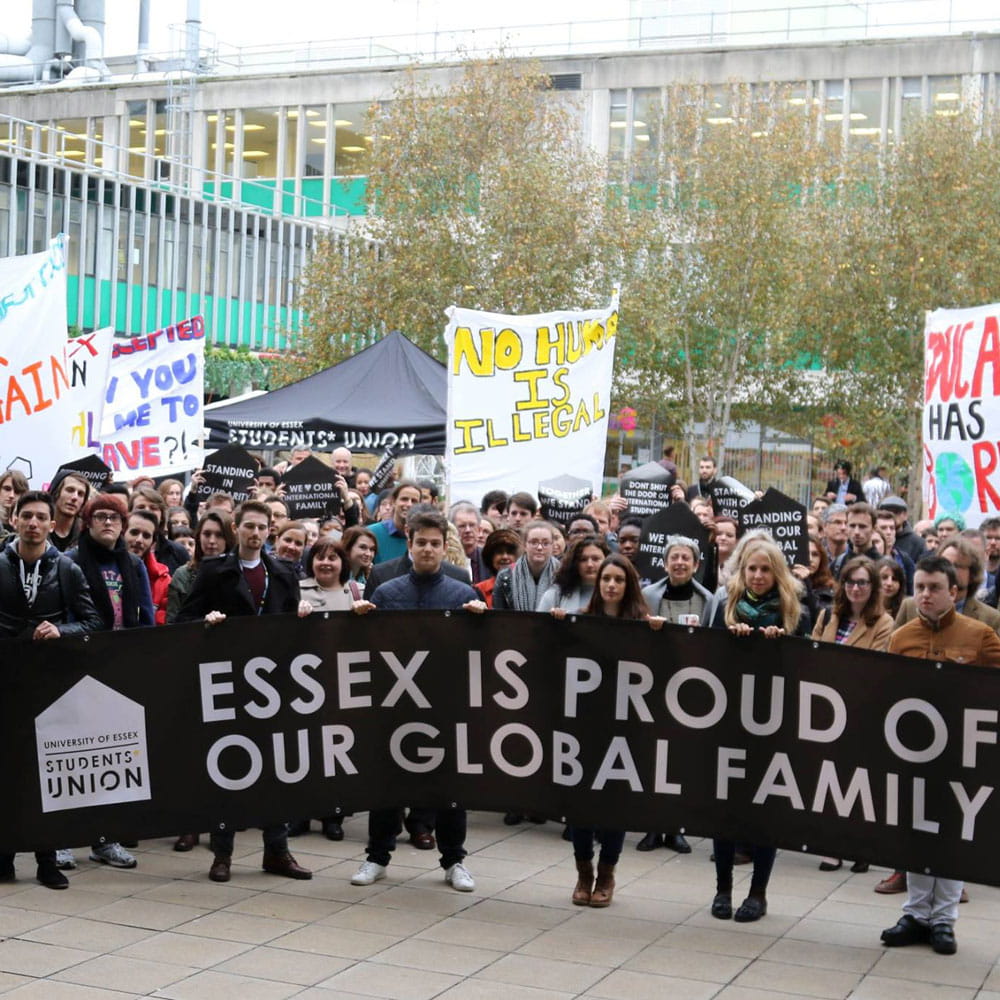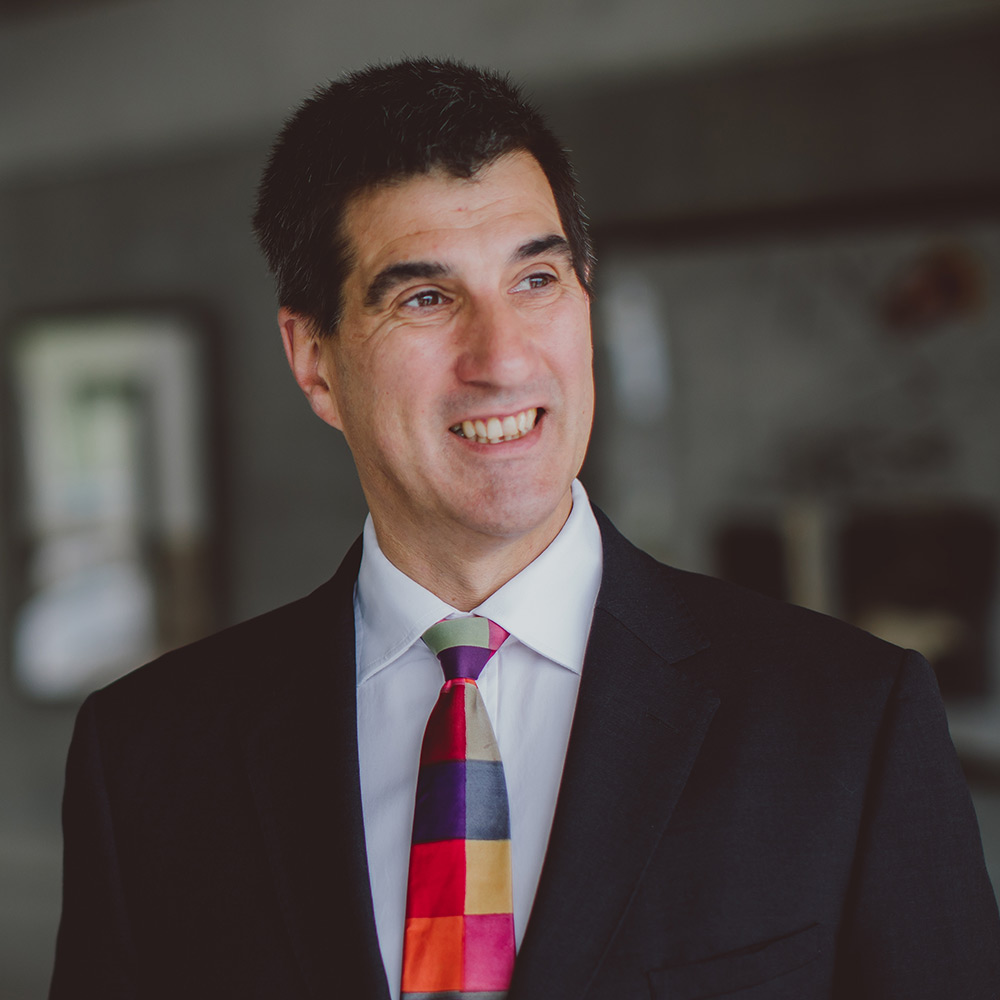At 23.00 GMT on 31 January 2020 the UK formally left the European Union and entered an 11-month transition period while negotiations over future relationships continue. Over the last three and half years, I have had many conversations with staff, students and our alumni about Brexit. I know that for some it will be a traumatic moment – a rupture in a relationship between the UK and EU 27 countries and a source of profound fear and uncertainty. I fully recognise that for others, Brexit is the right response to the outcome of the June 2016 referendum, subsequently endorsed in the December 2019 General Election. Whichever way you feel, it will be a moment to chart a new course for the UK.
We are one of the most international universities in the world, benefiting from a high proportion of international staff and students who enrich our lives in a myriad of ways, and help make the University of Essex the very special place that it is. We will face many issues but, for me, how we respond to three particular challenges will be important:
Continuing to be a beacon of internationalism and cosmopolitan values
First, our University needs to continue to be a beacon of internationalism and cosmopolitan values – and a vocal and passionate advocate for these values locally, regionally and nationally. We must re-double our efforts to make and re-state this commitment whenever and however we can. I see this as a personal priority, but I hope it will be a priority for others too.

Continuing to seize opportunities for European collaboration
Second, after Brexit, we must continue to seize opportunities for European collaboration to advance the mission of the University. I have said in a Guardian article that the UK’s strength in science is because of the EU – not in spite of it. For universities to thrive, we need government policies to ensure we remain a global destination of choice for talented students, academics and professionals from the EU 27 who choose the UK as their preferred intellectual home.
In the transition period from February to December 2020, our staff will be able to apply for EU grants including Horizon 2020, ERC grants and Marie Skłodowska Curie actions – and when it comes to Horizon Europe the UK government wants to explore ‘as full an association as possible’. The Minister for Higher Education has said: ‘…we may be leaving the EU but we will not be leaving our European research partnerships behind.’ We need to ensure this is the case and our involvement in European networks through YERUN and YUFE are part of this. A small positive step that I would encourage you to consider is to add the YERUN and YUFE logos to your email signatures.
In the transition period, students from EU 27 countries will have access to English loans and will be eligible to pay the Home Fee of £9,250 for entry in October 2020 and for the duration of their study with us. We need to make sure we continue to publicise this – and signal that we really welcome students from the EU who add so much to the life of the University and the local communities of which they are a part. During the transition period, the UK will continue to participate in Erasmus+ and European Solidarity Corps programmes. The Government has said it remains open to participation in Erasmus+ and values international student exchanges. We want to continue to be vocal advocates for very close UK engagement in Erasmus+ programmes.
I firmly believe that we do not need to choose between close engagement with European countries and the EU 27, or a global orientation. Alongside developing our partnerships with European countries through initiatives such as YERUN and YUFE we are re-doubling our efforts in promoting global engagement and our international partnerships work. This is a commitment already contained in our new Strategic Plan 2019-2025 and our new Partnerships Sub-Strategy will play an important part in shaping our priorities and focus on this.
Offering expertise that will make a difference
Third, in the coming years, I want us to be as relevant as we can be to debates about issues we care about, offering expertise that will make a difference and views that matter. We need to do this locally, regionally, nationally and globally. To paraphrase Geoffrey James, it is our actions that make us relevant to others: our capacity for authenticity, mastery and empathy having maximum effect when put into action.
I know this is a difficult moment for many of us. Now more than ever, I hope that we can draw on the very many positive aspects of our strong sense of being an Essex living and learning community. And as a community, I really hope that we can look out for each other – and offer support and encouragement where we can.
Anthony Forster
